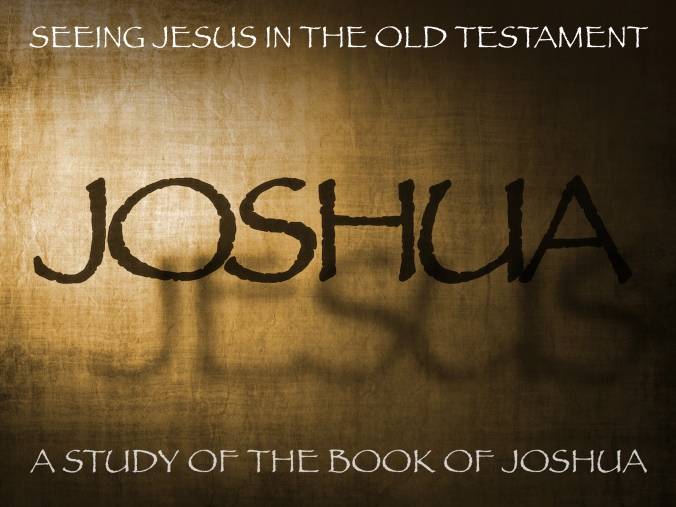 Earlier this year, Crossway published my book The Royal Priesthood and the Glory of God in their Short Studies in Biblical Theology series. In that book I show priesthood begins in the Garden of Eden, develops across the Old Testament, culminates in Jesus Christ, and proliferates in the life of the church. The church is a priesthood of believers with Christ as the great high priest.
Earlier this year, Crossway published my book The Royal Priesthood and the Glory of God in their Short Studies in Biblical Theology series. In that book I show priesthood begins in the Garden of Eden, develops across the Old Testament, culminates in Jesus Christ, and proliferates in the life of the church. The church is a priesthood of believers with Christ as the great high priest.
In my book, I show many but not all of the people who should be identified as priests. As a “short study,” my book could not cover everything in the Bible, and hence there remain many glorious portraits of the priesthood throughout Scripture. And one of them (not found in my book) is Joshua son of Nun.
Joshua is a well-known figure in the Old Testament and the New, but is he a priest? In the following paragraphs, I will answer that question and show a number of reasons for understanding Joshua as priest.
Like Moses before him and Jesus after him, Joshua demonstrates his priesthood through his covenant mediation, his teaching, his intercession before God, his purification of the land, and more. Indeed, it is fair to say that all the leading figures in Israel’s history are priests, either by explicit reference or by the merit of their actions. Indeed, these priestly actions are also what reveal Christ’s priesthood in the Gospels. And thus, it is worth our time to see how Joshua’s priesthood foreshadows his greater namesake.
 This week we finished up our series on the book of Joshua. Here is a run down of all the notes, sermon, and related resources that we put together for that marvelous book.
This week we finished up our series on the book of Joshua. Here is a run down of all the notes, sermon, and related resources that we put together for that marvelous book.
 In the last chapter of Joshua, we see Joshua leading Israel to renew their covenant with God before he dies. In this final act of faithfulness, Joshua finishes what he started—bringing Israel into the land—and receives the honorific title Servant of the Lord. Here are 10 things about this covenant renewal and the close of Joshua.
In the last chapter of Joshua, we see Joshua leading Israel to renew their covenant with God before he dies. In this final act of faithfulness, Joshua finishes what he started—bringing Israel into the land—and receives the honorific title Servant of the Lord. Here are 10 things about this covenant renewal and the close of Joshua. Joshua 23 is the penultimate chapter in the book and a call for Israel to make an ongoing, ultimate commitment to Yahweh. Here are ten things about this chapter to help us understand its main point with applications for us today.
Joshua 23 is the penultimate chapter in the book and a call for Israel to make an ongoing, ultimate commitment to Yahweh. Here are ten things about this chapter to help us understand its main point with applications for us today. 5 The aim of our charge is love that issues from a pure heart and a good conscience and a sincere faith. 6 Certain persons, by swerving from these, have wandered away into vain discussion, 7 desiring to be teachers of the law, without understanding either what they are saying or the things about which they make confident assertions.
5 The aim of our charge is love that issues from a pure heart and a good conscience and a sincere faith. 6 Certain persons, by swerving from these, have wandered away into vain discussion, 7 desiring to be teachers of the law, without understanding either what they are saying or the things about which they make confident assertions.